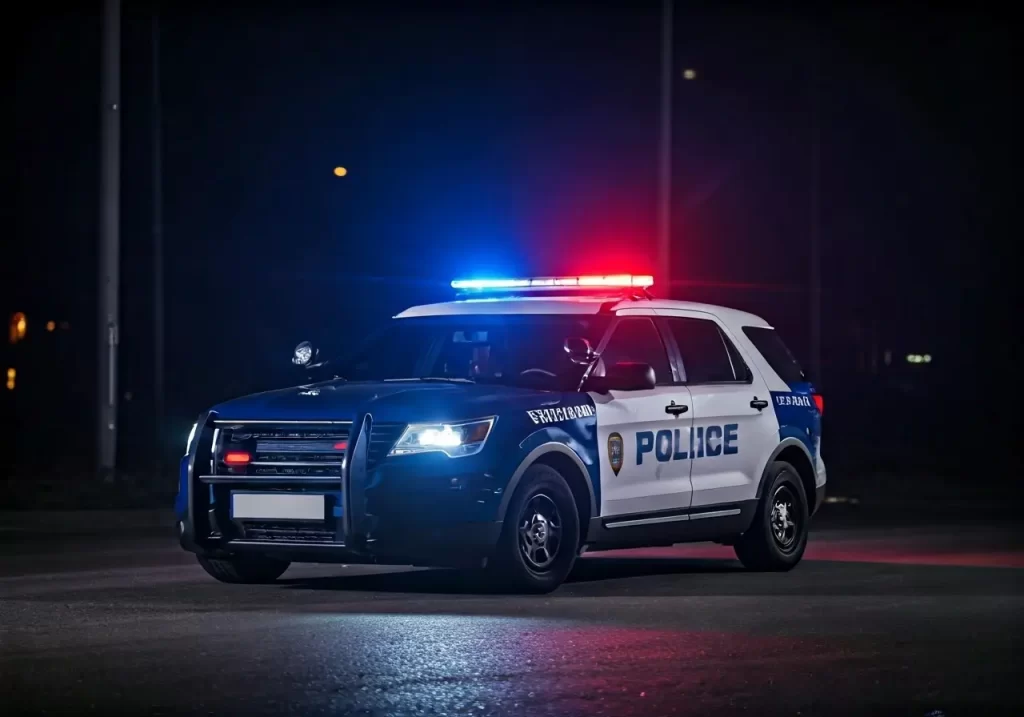Driving in New Jersey is a responsibility that comes with its own set of rules and regulations. When those rules are broken, particularly regarding intoxication, the consequences can be severe. If you’re curious about the repercussions of driving while intoxicated (DWI) in NJ, this FAQ guide will walk you through everything you need to know in a straightforward and understandable manner.
What Constitutes Driving While Intoxicated in NJ?
In New Jersey, driving while intoxicated means operating a motor vehicle with a blood alcohol concentration (BAC) of 0.08% or higher. For drivers under 21, any measurable amount of alcohol is considered intoxication.
Understanding the specific limits for different age groups is crucial. For commercial drivers, the BAC limit is even lower at 0.04% because of the increased responsibility they have on the road.
It’s important to note that impairment isn’t limited to alcohol. Drugs, whether prescription or illegal, can also lead to a DWI charge if they impair your ability to drive safely.
Legal Penalties for DWI in NJ
Legal penalties can vary but often include hefty fines, license suspension, and even potential jail time. First-time offenders may face less severe penalties, while repeated offenses result in harsher consequences.
For instance, a first offense could lead to fines up to $400, a license suspension for three months, and up to 30 days in jail. Yet, as offenses accumulate, penalties escalate significantly.
Additionally, the court may require mandatory participation in an Intoxicated Driver Resource Center (IDRC) program. This education and rehabilitation initiative aims to address the root causes behind a driver’s illegal behavior.
Impact on Driving Privileges
After a DWI, individuals can expect license suspension ranging from several months to years, depending on the severity and frequency of the offense. Reinstatement requires meeting specific guidelines.
Beyond the legal suspension period, reinstating your driving privileges often involves additional steps, such as completing state-required education programs and potentially passing driver’s tests again.
Insurance Ramifications
Having a DWI on your record can lead to increased insurance premiums, or even outright denial of insurance by some companies, impacting your financial responsibilities significantly.
It’s common for insurers to categorize DWI offenders as high-risk drivers, which further affects rates. Some drivers might find their only option is obtaining specialized insurance known as SR-22, a certificate of financial responsibility.
Consequences Beyond Legal Penalties
A conviction might affect your employment, especially if your job requires driving. Additionally, having a DWI can impact personal relationships and your reputation within the community.
Beyond work and community perception, the strain DWI can put on personal relationships is often understated. Trust and accountability can erode as loved ones grapple with the reality of the situation.
Moreover, the emotional and psychological toll can be substantial. The stress, anxiety, and potential depression stemming from the legal and social fallout can affect one’s mental health significantly.
Understanding the Impact of Driving While Intoxicated
Driving while intoxicated in NJ carries serious consequences that can affect various aspects of your life. By understanding these consequences, you protect not only yourself but also the community. Always remember that getting home safely is more important than taking unnecessary risks. For more information, explore our homepage.


